When To Take L-Carnitine: Is There Any Best Time?
Author:
Unlock your full potential by engaging with our experts and community! Have questions about your fitness journey or looking for expert advice on weightlifting techniques? Don’t hesitate — leave a comment below and David Sasha Schulz will provide a personalized answer and insights to help you reach your goals.
Torokhtiy is reader-supported. Some links are affiliate links, and we may earn a commission at no extra cost to you. See our disclosure page for details.
If you’re interested in trying this popular supplement, you may be wondering how and when to take L-Carnitine? In this article, we’ll not only be covering all the benefits of L-Carnitine, but its different forms, as well as the best way and time to take it.
If you’re wondering when to take L-Carnitine, timing doesn’t matter as much as the total dose during the day. Note that we recommend L-Carnitine L-Tartrate for performance, with Acetyl L-Carnitine being more commonly used for medical purposes. We recommend taking at least 2g/day to increase plasma L-Carnitine concentrations appropriately.

What Are the Possible Benefits of Carnitine?
Note that although L-Carnitine is often marketed as a fat burner, it does not appear to have any real benefit for aiding in weight loss. However, there are some applications it has for athletes specifically regarding performance and recovery, which we’ll be covering more in-depth below!
✅ Increasing Endurance Performance
L-Carnitine plays a valuable role in endurance performance by buffering excess acetyl-CoA in the mitochondria. This is done to maintain steady fuel delivery to the cells during endurance exercise.
With this being said, the body likely has enough L-Carnitine to perform this function, and additional supplementation will not increase endurance performance. This has been shown by L-Carnitine L-Tartrate supplementation not improving RPE or time to fatigue in endurance athletes.
✅ Reducing Lactate Accumulation During High-Intensity Exercise
Similar to the above point about fuel delivery, the buffering effects of L-Carnitine also plays a role in reducing lactate accumulation. However, as the study mentioned above shows, it’s also unlikely that supplementation will greatly improve the body’s natural ability to do this.

✅ Aiding in Recovery During Periods of Heavy Training
While L-Carnitine does not appear to provide many direct benefits to performance, what about its effects on recovery? It appears L-Carnitine improves the body’s recovery process because of its role in protecting cell membranes from oxidative stress.
While studies on performance have been inconclusive, L-Carnitine’s effects have shown improvements for recovery. It appears that 3+ weeks of consistent supplementation of 2-3g/day will increase plasma L-Carnitine levels and this reduced muscle disruption caused by exercise.
✅ Reduction in Muscle Soreness
Adding on to the point above, improving plasma L-Carnitine levels also appears to alleviate pain associated with the stress caused by intense exercise. In terms of athletic performance, it appears L-Carnitine is most effective for aiding in recovery, which may indirectly improve performance over time.
✅ Health-Related Purposes
Finally, L-Carnitine is commonly used as adjunct therapy for a wide variety of conditions. It is thought to be beneficial for peripheral artery disease, infertility, chronic inflammation, and more. Of course, in these conditions, we recommend consulting with a doctor before use to be sure that L-Carnitine is being dosed effectively to provide genuine benefits for you.
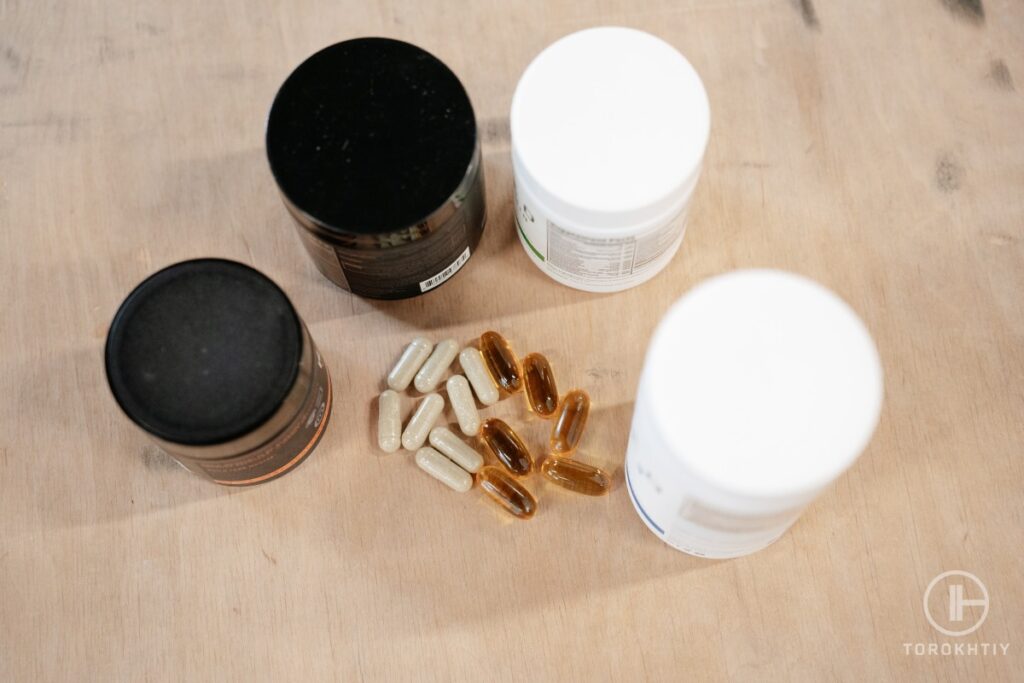
When to Take L-Carnitine?
Before getting into when to take L-Carnitine, it’s necessary to make the distinction between the different forms of this supplement. The 2 main forms are Acetyl-L-Carnitine and L-Carnitine L-Tartrate. Let’s see how you should go about taking these 2 forms of L-Carnitine.
1. When and How to Take Acetyl-L-Carnitine?
Before covering how and when to take Acetyl-L-Carnitine, it’s worth noting this form of L-Carnitine is not as well studied as L-Carnitine L-Tartrate for performance. The studies mentioned above used L-Carnitine L-Tartrate, so it’s difficult to say if this form will produce the same results.
Acetyl-L-Carnitine is more commonly used to assist in treatment of certain medical conditions, as mentioned above. As a result, this is likely the form that would be prescribed by a doctor if they decided supplementation may be helpful.
2. When and How to Take L-Carnitine L-Tartrate?
As mentioned above, the form of L-Carnitine that has been studied more in-depth for performance. In the study mentioned above that found L-Carnitine to be beneficial for recovery, they used L-Carnitine L-Tartrate. Because of this, we generally recommend L-Carnitine L-Tartrate if you’re interested in improving recovery.
You may be wondering, “How long does L-Carnitine take to work?” When dosed at 2-3g/day for 3 weeks, supplementation increased plasma L-Carnitine levels significantly enough to improve parameters of recovery and soreness. This is in line with general recommendations for an effective L-Carnitine dosage of 1.4-3g/day.
It’s generally recommended to take L-Carnitine split over multiple doses, and this is generally how supplement brands will recommend taking their products. However, it’s unclear if this will greatly impact absorption. Overall, if it’s more convenient, there shouldn’t be an issue with taking L-Carnitine all at once. There also doesn’t appear to be a specific “best time” to take L-Carnitine L-Tartrate either.
It’s also worth noting that a dose of greater than 3g/day can result in a fishy body odor. Splitting the supplement into multiple doses may help with this. Also, some people report nausea and general stomach discomfort after taking L-Carnitine. Taking the supplement with food may assist with these side effects.
Best Acetyl-L-Carnitine
If you’re looking to take Acetyl-L-Carnitine because of a doctor’s recommendation, then check out Jarrow Formulas’ product.
As mentioned above, Jarrow Formulas recommends taking 1-2 capsules of their supplement a day. Each capsule is 500mg, so this works out to 0.5-1g a day. This seems low, as studies have shown that 2g/day is necessary to increase plasma L-Carnitine levels.
Be sure to consult with a doctor if you’re unsure how much of this supplement you need a day, as well as the best time to take Acetyl L-Carnitine.
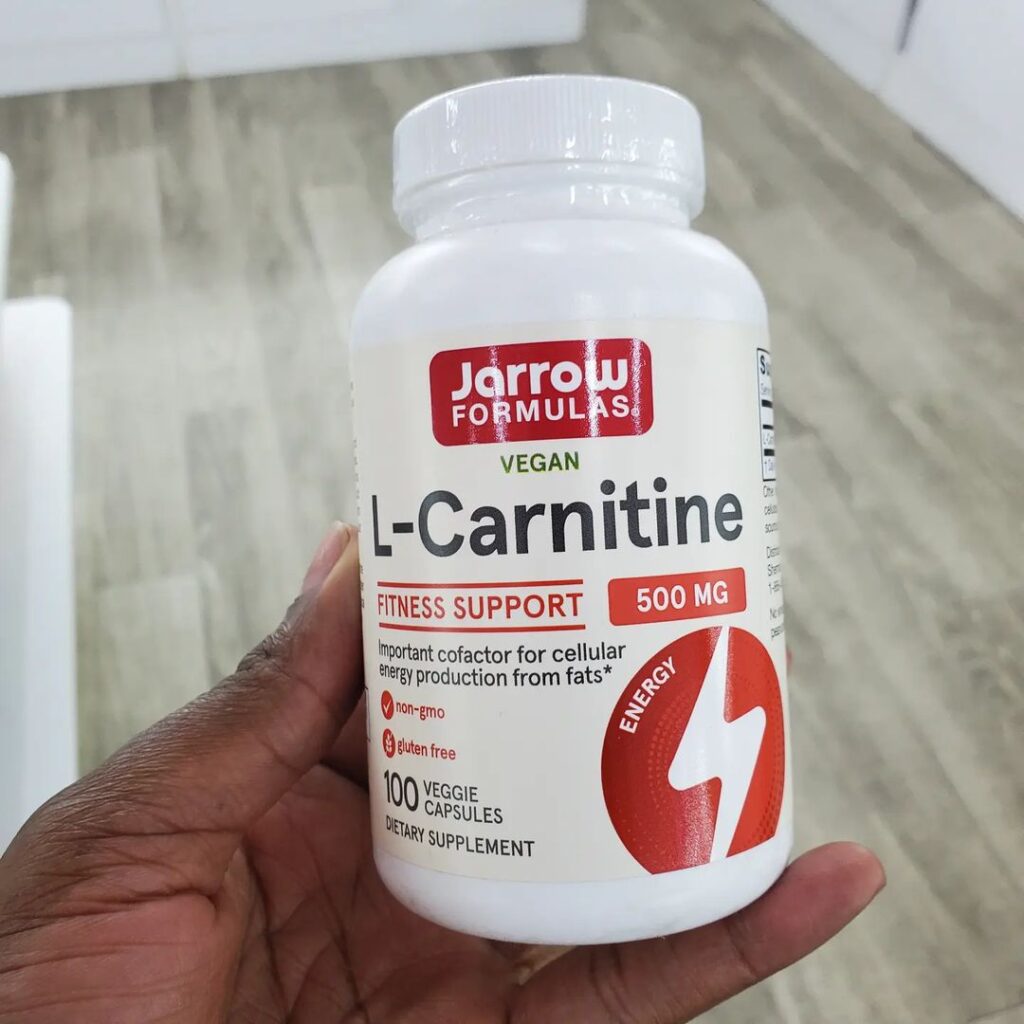
Acetyl-L-Carnitine is commonly sold as a powder, but this is a capsule-based supplement. This will make it easier to take specific doses, and may be easier to consume for some. It’s also a vegan capsule as no gelatin is used in its formula.
It’s worth noting that this supplement also passed a review by Consumer Lab which tested and reviewed a wide range of Acetyl L-Carnitine supplements to be able to recommend only the highest-quality products.
Like most L-Carnitine supplements, this is very cheap. Each capsule will only cost you ~$0.28. So, a 2g serving will only cost you a little over a dollar.
Best Carnitine-Tartrate
Legion Recharge
- Best for: Recovery
- Suitable for Vegans: Yes
- Flavors: Strawberry Kiwi, Fruit Punch, Strawberry Lemonade, Blue Raspberry, Grape, Unflavored, Watermelon
- Special Ingredients: Creatine Monohydrate, L-Carnitine L-Tartrate
- Serving Size: 8.7g
- Price per Serving: ~$1.00
- Company Founded: 2014
- Recommended by Athletes: Gage Clark, Grant Tinsley, Machaela Brabham
While Acetyl L-Carnitine is used for treating medical conditions, we recommend using L-Carnitine L-Tartrate for improving recovery. The supplement we recommend for this is Legion’s Recharge Post-Workout Supplement. As you’ll see, this is more than just basic L-Carntine, let’s take a closer look.
First, each serving will give you 2.1g of L-Carnitine L-Tartrate. This is ideal for getting you the recommended daily dose of 1.4-3g/day optimal for boosting recovery. The main draw of this supplement on top of its solid L-Carnitine content is the inclusion of creatine.
If you’re unfamiliar with creatine, this is one of the most effective and well-researched sports supplements available. Its benefits include increasing lean body mass, better high-intensity exercise performance, and reduced fatigue. Similar to L-Carnitine, it also improves recovery, making it ideal for taking alongside L-Carnitine.

An effective dose of L-Carnitine is 3-5g/day. Each serving of Recharge has a solid dose of 5g, making it ideal for daily use. Because this has such a solid dose of creatine, it’s unnecessary to take any additional creatine as long as you’re taking Recharge every day. Within 2-4 weeks of daily supplementation you should have elevated levels of plasma L-Carnitine as well as fully saturated creatine stores.
This supplement is made with 100% natural ingredients and has been tested by Labdoor for purity. It also comes in a solid 5 unique flavors if you’re not a fan of unflavored supplements.
It’s worth noting that Recharge is likely slightly more expensive than buying L-Carnitine and Creatine as separate supplements. Each serving will cost you about $1.33. While this is somewhat expensive, you can be confident you’re getting a high-quality supplement which still gives Legion’s product solid value for your money.
FAQ
Should I Take L-Carnitine in the Morning or Evening?
While the general recommendation for L-Carnitine is to take the supplement twice daily, it is unclear if this has much of an impact on its effect. It appears taking enough over the day is more important than when you take it.
As a result, we recommend taking L-Carnitine whenever it’s most convenient. You may be interested in splitting your doses up if you find that taking a full dose upsets your stomach.
Can I Take L-Carnitine Every Day?
Yes, to get any significant benefits from L-Carnitine, it appears that you should be taking between 1.4-3g/day. It’s unclear if L-Carnitine has any significant acute effects, so we recommend taking it every day to maximize benefits for recovery.
Note that we don’t recommend taking more than 3g/day as this can lead to a fishy body odor, and an upset stomach if it’s taken all at once. These symptoms can be alleviated by taking it with food.
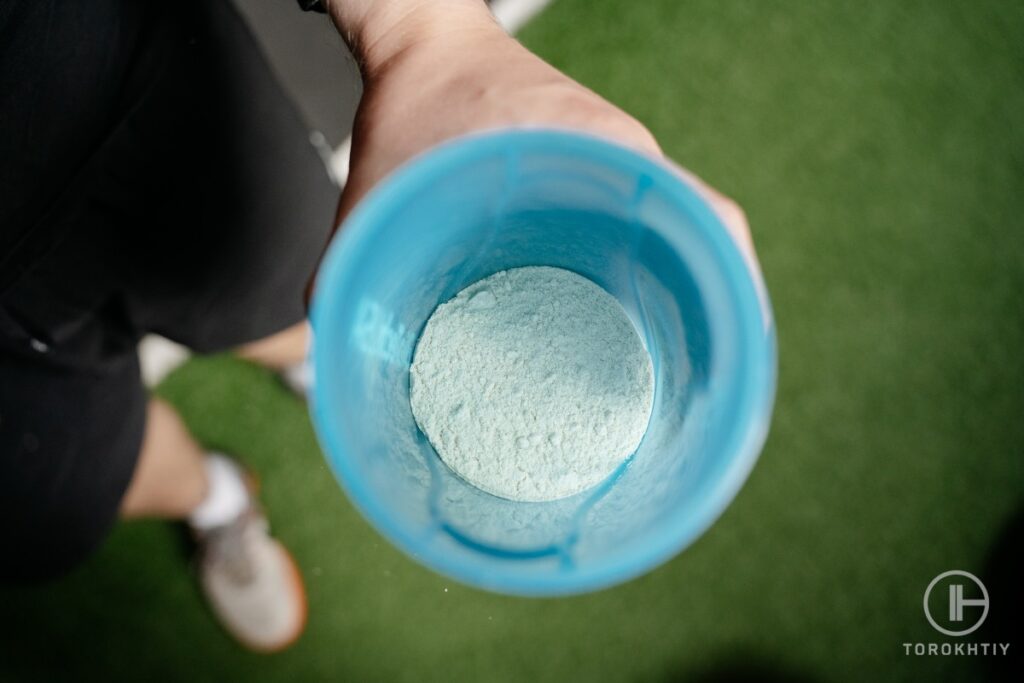
Does L-Carnitine Burn Belly Fat?
No, while L-Carnitine does play a valuable role in oxidizing fat in the body, supplementation does not appear to have any effects whatsoever on weight loss. The only way to burn belly fat is to consistently eat in a caloric deficit, and L-Carnitine supplementation will not help with this.
However, given the benefit for recovery this may indirectly help with weight loss, as it could lead to more consistent training due to decreased soreness. With this being said, L-Carnitine is far from a “magic pill” for weight loss.
When to Take L-Carnitine for Fat Loss?
As mentioned, L-Carnitine will not have a significant effect on weight loss. As a result, there is no best time to take L-Carnitine for weight loss, as it will not make a major difference regardless of when you take it.
Can you Take L-Carnitine at Night?
Yes, it doesn’t appear there are any negative implications for taking L-Carnitine before bed. While there’s no exact best time of day to take L-Carnitine, taking L-Carnitine before sleep should be just as effective as taking in any other time of day.
Can I Take L-Carnitine as Pre-Workout?
While there won’t be any downsides to taking L-Carnitine before hitting the gym, it’s unlikely to have any significant effects on your performance. We recommend taking a caffeine supplement, or high-quality pre-workout formula instead for more noticeable effects.
You may be wondering, “Should you take L-Carnitine before or after workouts?” Because it has no acute effects, it should produce similar long-term effects whenever you take it.
Conclusion
Overall, the best time to take L-Carnitine is whenever it’s most convenient for you. For recovery, we recommend taking ~2g of L-Carnitine L-Tartrate per day. We recommend Acetyl L-Carnitine for more clinical uses, when recommended by a medical doctor.
If you’re looking for a high-quality L-Carnitine L-Tartrate supplement, check out Recharge Post-Workout Supplement from Legion. For Acetyl L-Carnitine, consider Vegan Acetyl L-Carnitine from Jarrow Formulas.
Have you ever tried L-Carnitine before? Were you aware of this supplement’s benefits for recovery? Let us know your thoughts in the comments below!
Also read:
- L-Citrulline vs L-Arginine
- Citrulline Malate vs L Citrulline
- Foods High in L-Citrulline
- Glutamic Acid vs Glutamine
- When to Take L-Glutamine for Weight Loss
- Cla vs L Carnitine
- Can I Take L-Carnitine Without Exercise
- L Carnitine Coffee
References:
- Melissa Eryn Slack, “The Effects of Chronic L-carnitine and Carbohydrate Supplementation on Body Composition and Athletic Performance in Female Endurance Athletes.” Electronic Theses and Dissertations. 1687. (2017). 2
- Sawicka, A.K., Renzi, G. & Olek, R.A. “The bright and the dark sides of L-carnitine supplementation: a systematic review.” J Int Soc Sports Nutr 17, 49. (2020).
- Antonis Damianou, Thomas Soloman, & Nick Milazzo. “L-Carnitine,” Examine.com. https://examine.com/supplements/carnitine/ (Accessed October 16, 2023)
- Australian Sports Commission. “Carnitine,” ais.gov.au, https://www.ais.gov.au/nutrition/supplements/group_b#carnitine (Accessed October 16, 2023)
- Kreider RB, Kalman DS, Antonio J, Ziegenfuss TN, Wildman R, Collins R, Candow DG, Kleiner SM, Almada AL, Lopez HL. “International Society of Sports Nutrition position stand: safety and efficacy of creatine supplementation in exercise, sport, and medicine.” J Int Soc Sports Nutr. (2017)
Why Trust Us?
With over 20 years in Olympic weightlifting, strength training, nutrition coaching, and general fitness our team does its best to provide the audience with ultimate support and meet the needs and requirements of advanced athletes and professional lifters, as well as people who strive to open new opportunities and develop their physical capabilities with us.
By trusting the recommendations of our certified experts in coaching, nutrition, and sports training programming, as well as scientific consultants, and physiotherapists, we provide you with thorough, well-considered, and scientifically proven content. All the information given in the articles concerning workout programming, separate exercises, and athletic performance, in general, is based on verified data.
The product testing process is described in more detail here.
Author: David Sasha Schulz
Doctor of Chiropractic, BSc Human Biology, CSCS
Strength coach (CSCS) – 10 years
Sasha is a Chiropractor and Kinesiologist practicing in Kelowna, BC, Canada. He has been practicing Chiropractic since 2019, integrating manual therapy, strength training and programming principles, and nutritional strategies to get his patients optimal results. He currently scratches the competitive itch in fitness, and the occasional endurance race, and plays golf and snowboards for fun. He has an interest in all strength and fitness-related sports.



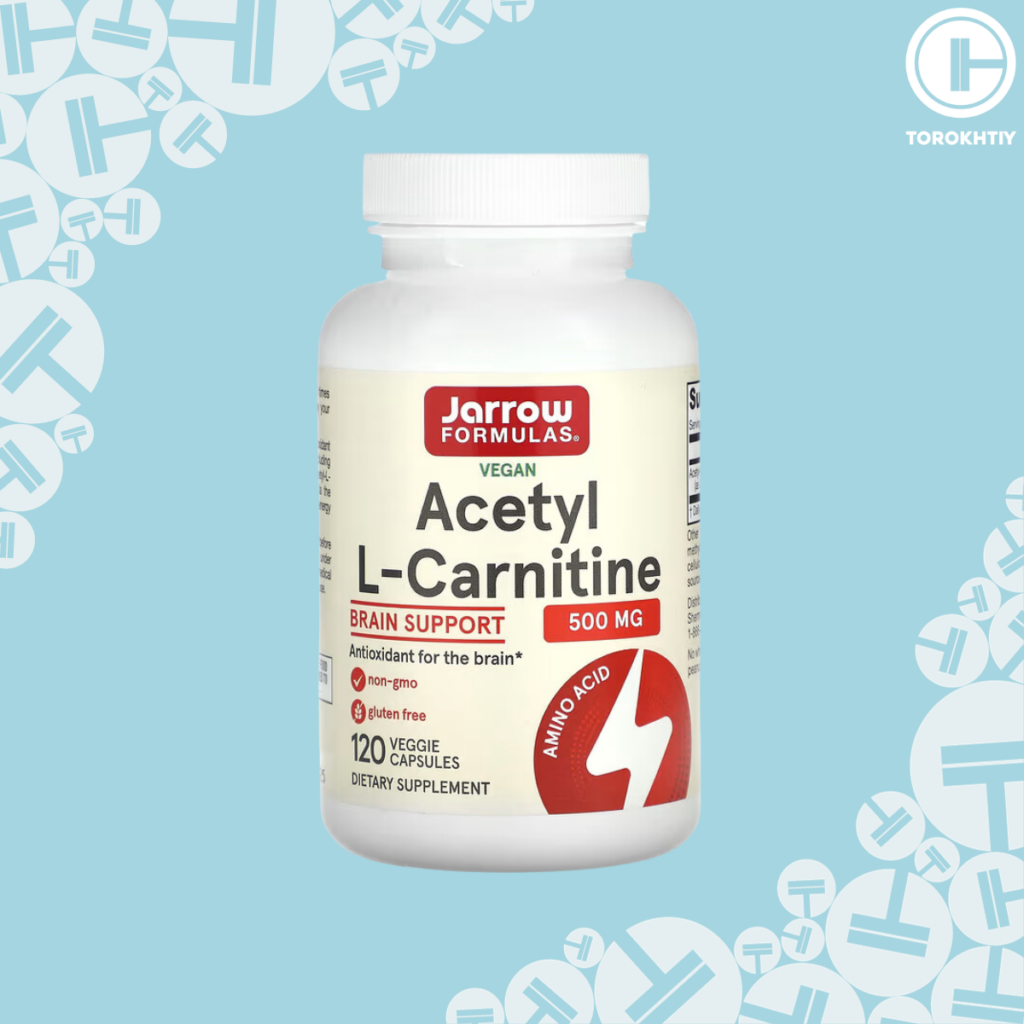
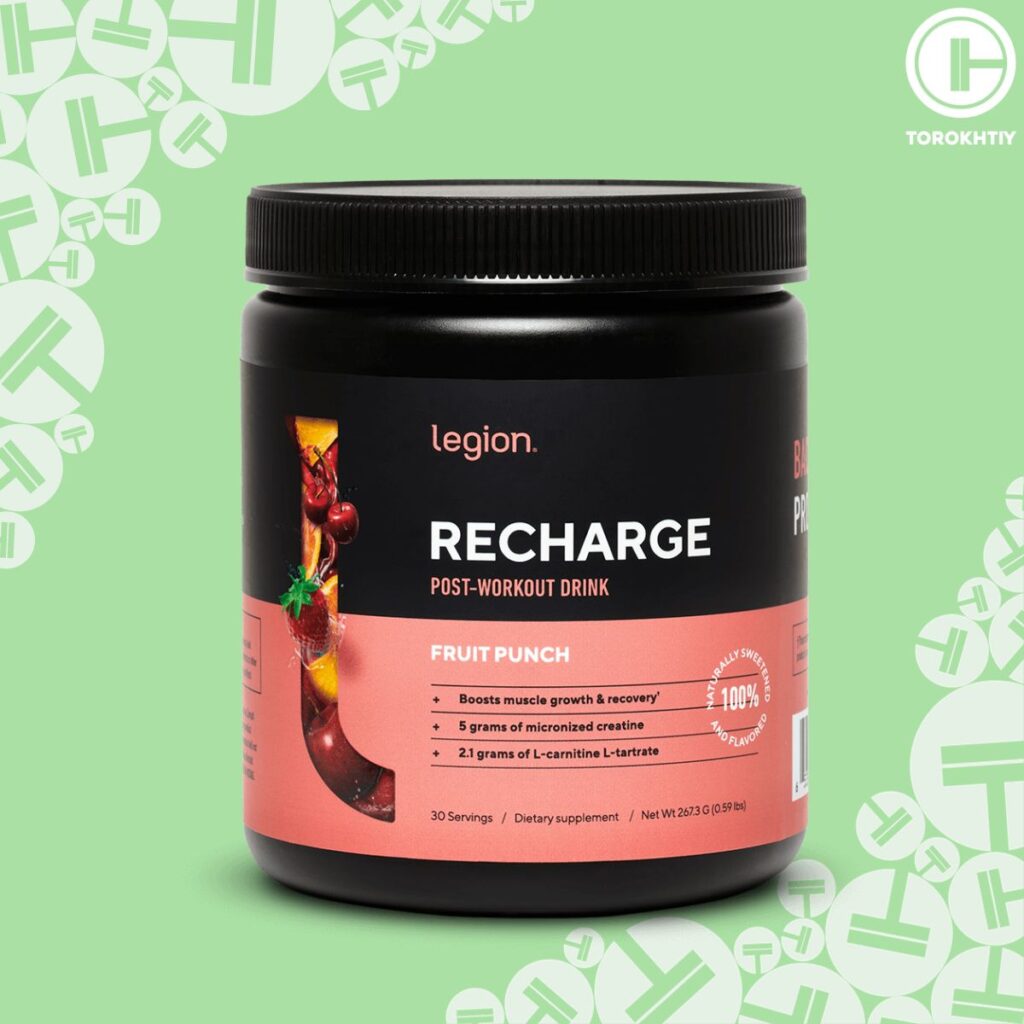
Still have questions after reading our article? Unlock your full potential by engaging with our experts and community! Don’t hesitate — leave a comment below and David Sasha Schulz will provide a personalized answer and insights to help you reach your goals.